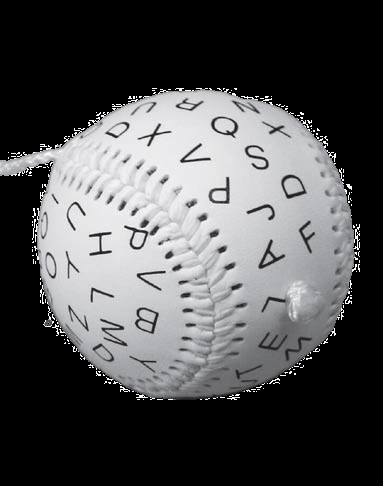

Follow-up meetings are scheduled to review progress with the optometrist. The patient is prescribed specific home exercises with equipment based on their individual needs. They will also work on visual discrimination (like problems when reversing b's and d's), handwriting, and overall spatial awareness. Patients can become nauseous or dizzy in the car meaning it would be more practical then coming in for weekly visits.Ī vision therapist will work on many functional skills such as eye-tracking, focusing, and eye teaming (how the eyes work together). In some instances vision therapy may be conducted via telemedicine.

The patient generally will visit the clinic once a week to check in with their vision therapist, who will use various tools and exercises to train specific aspects of their visual system to improve visual functions after the concussion. Vision therapy is usually provided in the clinic or home-based by specifically trained optometrists/vision therapy specialists. The specialist completes the diagnostic exam and designs an individualized treatment plan for the patient. However, vision problems are often missed, and you may need to self-advocate and ask for a referral to a specialized optometrist or ophthalmologist. After a concussion, your healthcare provider may notice an issue with your vision.

Many lingering concussion symptoms may stem from vision problems affecting the individual, for example, headaches, dizziness, light sensitivity, blurred/double vision when reading and a decreased ability to concentrate.


 0 kommentar(er)
0 kommentar(er)
